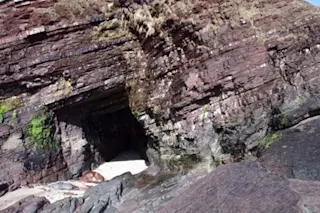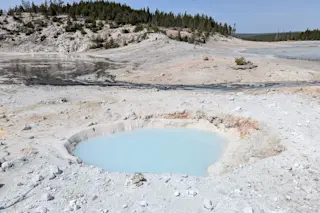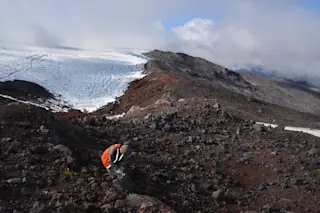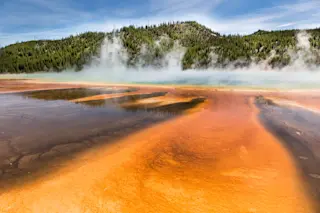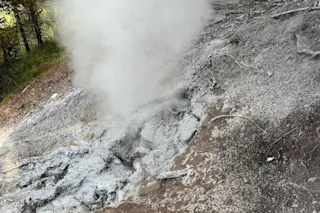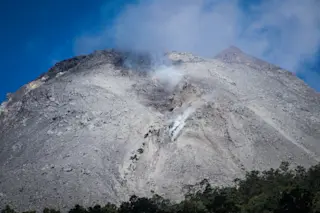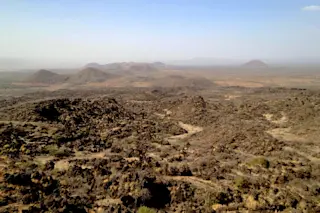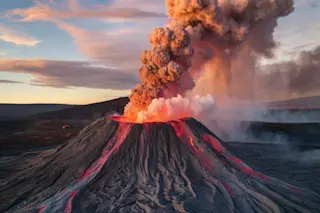A huge spike in the Earth's atmospheric oxygen about 800 million years ago, the story goes, paved the way for the Cambrian explosion a couple hundred million years later, and with it the rise of complex life. But a new study out in Nature says that picture is incomplete. Researchers found evidence of substantial oxygen 1.2 billion years ago, meaning that the conditions needed for complex life appeared much earlier than scientists knew, and that perhaps something else was required to set off the explosion of biodiversity. The geologists led by John Parnell hunted in the Scottish Highlands for clues in ancient rocks, where evidence of ancient bacteria could reveal how much oxygen was around 1.2 billion years ago.
Before there was a useful amount of free oxygen around, these bacteria used to get energy by converting sulfate, a molecule with one sulfur atom and four oxygens, to sulfide, a ...


